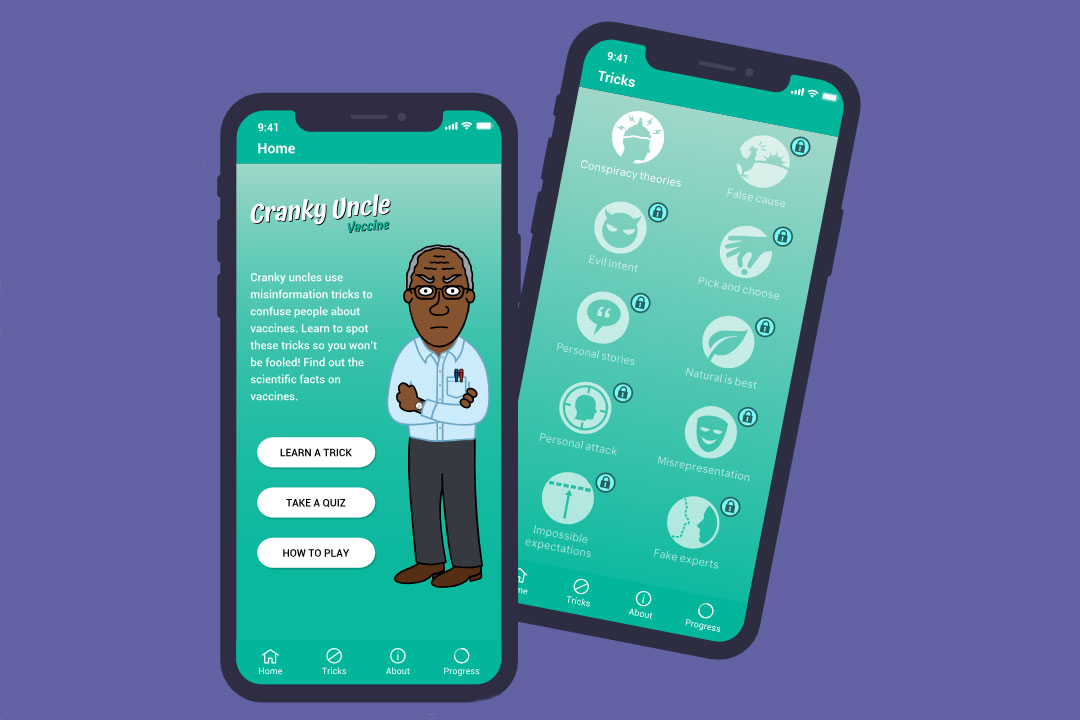Cognitive slowness could be used as a marker for Long COVID
Diagnostic markers of Long COVID are rare, but a study of cognitive response might have uncovered one.
- 31 January 2024
- 2 min read
- by Priya Joi

COVID-19 baffled doctors and scientists for months with a broad constellation of symptoms that ranged from respiratory to gastrointestinal. Long COVID – the post-viral condition in which people continue to be symptomatic for months – has just as varied symptoms.
Many people report fatigue, muscle ache, breathing difficulties, insomnia and brain fog. Brain fog is a catch-all term that can include the inability to focus or to sustain attention in a task, as well as memory loss, and it can last for months or years after the initial COVID-19 infection.
Participants were given a 30-second task measuring reaction time to stimuli. People with Long COVID were around three standard deviations slower than healthy controls.
But, as Sijia Zhao from the department of experimental psychology at the University of Oxford and colleagues noted after an extensive review of scientific papers on Long COVID, there is no definitive cognitive marker for the condition.
They proposed that cognitive slowing could be a potential marker of Long COVID and studied two groups of people with Long COVID, one in the UK and the other in Germany, plus two groups of 'controls'. The controls consisted of one group that had been infected with COVID-19 previously but had not had Long COVID symptoms, and one that had never had COVID-19.
Have you read?
Participants were given a 30-second task measuring reaction time to stimuli. People with Long COVID were around three standard deviations slower than healthy controls. In people with Long COVID, severity of symptoms such as fatigue, depression, anxiety, sleep disturbance and post-traumatic stress disorder did not correlate with the extent of cognitive slowing.
In addition, cognitive slowing on the stimuli response test was highly correlated with the poor performance of Long COVID patients on a test to measure sustained attention.
Comparing results with people who had previously had COVID-19 but not developed Long COVID was important to be able to show that the cognitive dysfunction was a distinguishing feature of the post-viral syndrome.
Given that Long COVID has been notoriously hard to clinically diagnose, the researchers suggest that this psychomotor test can be "reliably and easily measured as part of diagnostic work-up." Crucially, it has the potential to be used as a biomarker tracking the progress in rehabilitation of people with Long COVID.









